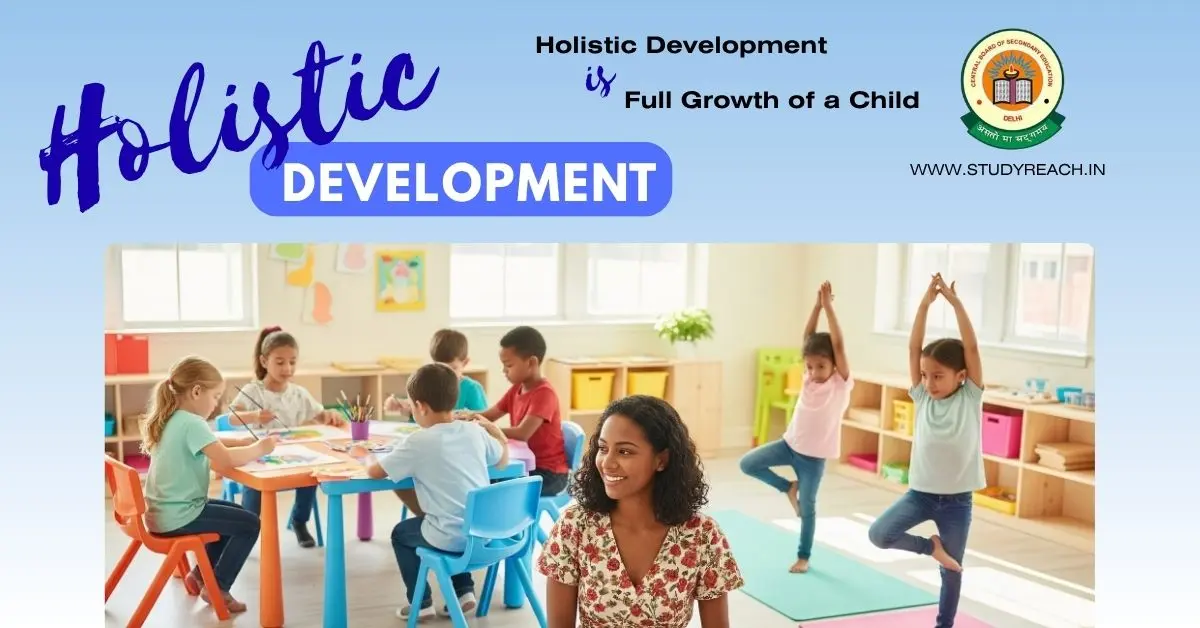
Holistic Development in Education: “Why It Matters More Than Grades”
Looking at the real examples have you ever wondered why some students with top grades struggle in real life?
That’s because life doesn’t just test your memory or formulas—it tests your emotions, decisions, relationships, and resilience. And the bitter fact is that, these aren’t part of most school curriculums.
This is where Holistic Development comes in—an approach that focuses on the complete growth of a child, not just their academic performance.
🔗 This article is part of our CBSE 2025 Education Series, designed to help students, teachers, and parents understand the major reforms introduced by CBSE and NEP 2020. Explore related guides for deeper insights:
Table of Contents
CBSE’s Push Toward Holistic Development
Even the Central Board of Secondary Education (CBSE) has recognized the importance of holistic development. In recent years, CBSE has introduced experiential learning, life skills education, art-integrated learning, and competency-based assessments into the curriculum. The goal is to move beyond rote learning and help students become more emotionally intelligent, socially responsible, and future-ready individuals. Schools are now encouraged to focus not just on academics, but also on co-curricular activities, values education, and real-life skill-building.
What is Holistic Development?
Holistic development means nurturing every aspect of a child’s personality:
- Physical – health, fitness, nutrition
- Mental – thinking, problem-solving, creativity
- Emotional – handling feelings, empathy, stress management
- Social – communication, teamwork, leadership
- Spiritual/Moral – values, ethics, purpose
Instead of just focusing on marks, this approach asks:
“Is the child truly ready for life?”
Real-Life Example #1:
A Grade-Topper Who Lacked Confidence
Anjali, a class 10 student, always topped her exams. But when she had to give a presentation during a school competition, she froze. She wasn’t used to public speaking, handling pressure, or thinking on her feet.
Her teachers realized: she is quite intelligent in academic (books) but didn’t know how to express herself. That’s when the school introduced weekly personality development sessions—and over time, Anjali bloomed into a confident speaker.

The Problem with Traditional Education
Today’s education system often emphasizes:
- Exams over understanding
- Rote learning over creativity
- Grades over growth
But life after school demands more than math and science. It demands:
- Confidence in interviews
- Emotional strength during failures
- Communication in jobs
- Collaboration in teams
- Decision-making in crises
Without these, even the most brilliant students may feel lost in the real world.
What About Us, the Parents?
Let’s be honest—as parents, we all want the best for our children. Naturally, we worry about marks, ranks, and report cards because we believe they open doors to success. But in this race for good grades, it’s easy to forget that our children are not just students—they’re growing human beings. Many parents today are beginning to realize that emotional health, confidence, and communication skills are just as important as academic performance. And the good news? You don’t have to choose one over the other. Holistic growth supports academic success—it doesn’t replace it. It’s all about balance, and we’re learning together.
Why Holistic Development Matters
- ✅ Builds Self-Awareness
Children understand who they are, their strengths, and areas to improve. - ✅ Improves Emotional Health
Kids learn to manage anger, anxiety, and sadness instead of suppressing it. - ✅ Encourages Creativity & Innovation
It’s not about one right answer, but exploring possibilities. - ✅ Prepares for Real-Life Challenges
Be it teamwork or time management—skills that truly matter. - ✅ Fosters Strong Relationships
Empathy, listening, and kindness build better humans—not just students.
CBSE’s Practical Steps: Holistic Progress Card & Jadui Pitara
To promote holistic learning, CBSE has launched two key initiatives:
- Holistic Progress Card (HPC): A new report card system that goes beyond marks. It includes feedback on skills, behavior, values, and personal growth. It’s student-friendly, parent-inclusive, and teacher-guided.
- Jadui Pitara: A playful, activity-based learning toolkit for early childhood education (Foundation & Preparatory stages under NEP 2020). It focuses on joyful, experiential learning.
These steps show how holistic development is not just a concept—it’s becoming part of real
classrooms.
Real-Life Example #2:
The School That Made a Change
A small school has started a program called “Life Lab” every Friday.
No books. No uniforms. Just children learning through:
- Cooking together
- Group problem-solving
- Nature walks
- Emotional sharing circles
Within six months, teachers noticed something amazing:
Less bullying, more collaboration. Fewer breakdowns, more balance.
Academics didn’t suffer—in fact, grades improved because kids felt more confident and less stressed.
How Parents & Schools Can Support Holistic Growth
At Home:
- Encourage open conversations about feelings
- Limit screen time; promote outdoor activities
- Teach basic life skills—cooking, budgeting, cleaning
- Expose them to books, music, art, nature
At School:
- Include soft skills, mindfulness, art, and sports in the timetable
- Focus on learning by doing, not just by reading
- Regular emotional check-ins, peer group activities
- Celebrate all talents—not just academic rankers

CBSE Expression Series 2025–26: 8 Powerful Ways Showcase Student Talent.
The CBSE Expression Series is a national-level platform where students showcase their writing and artistic skills by submitting essays, paragraphs, or poems on a specific theme
Final Thought:
The world is changing—and so should our idea of education.
If we want to raise responsible, happy, and successful individuals, we need to look beyond textbooks.
Let’s aim for education that builds the human, not just the student.
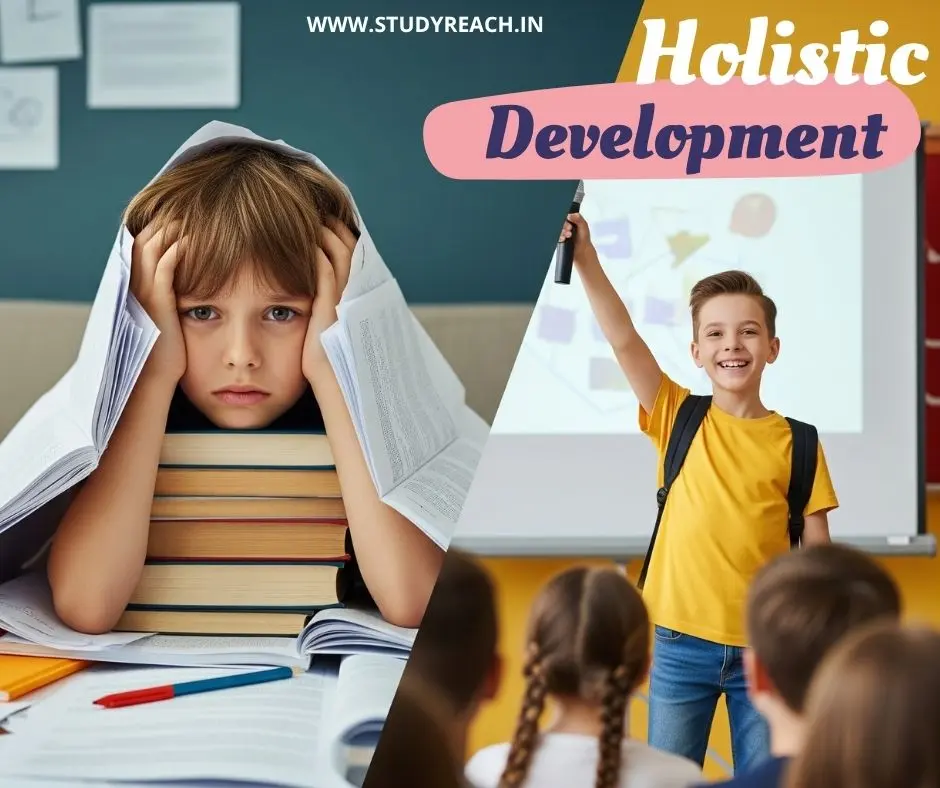
What Do You Think?
Have you seen examples of holistic development around you?
Do you believe schools should shift their focus from just academics to life skills?
Let us know in the comments!
🔗 Recommended Reading:
1. What is holistic development in education?
Holistic development in education means focusing on the overall growth of a child—not just academics. It includes emotional, social, physical, mental, and moral development to prepare students for real-life challenges, not just exams.
2. Why is holistic development important for students?
Because life needs more than just textbook knowledge! Holistic development helps students become confident, emotionally strong, socially aware, and better decision-makers. It builds life skills that support success beyond the classroom.
3. How is CBSE promoting holistic development?
CBSE is actively encouraging holistic growth through:
The Holistic Progress Card (HPC), which evaluates students on multiple aspects beyond academics.
The launch of Jadui Pitara, a joyful, activity-based toolkit for foundational learning.
Integration of experiential learning, life skills, and art education in the curriculum.
4. What are the 5 elements of holistic development?
The five key elements of holistic development focus on the all-round growth of a child. These are:
a) Physical Development 🏃
Involves health, motor skills, fitness, and nutrition. A healthy body supports a healthy mind.
b) Mental/Cognitive Development 🧠
Covers thinking ability, problem-solving, creativity, and learning skills.
c) Emotional Development 💬
Teaches children how to understand, express, and manage their emotions, building self-confidence and empathy.
d) Social Development 🤝
Helps children develop communication skills, teamwork, leadership, and respectful behavior in society.
e) Spiritual/Moral Development 🌱
Focuses on values, ethics, purpose, and building a strong inner character.
Together, these five pillars ensure that a child is prepared not only for exams—but for life.
5. What is holistic development in NEP?
In the National Education Policy (NEP) 2020, holistic development means educating the “whole child”—not just focusing on academics, but also on emotional, social, physical, ethical, and creative growth.
Key features of holistic development under NEP include:
a) Multidisciplinary education (students can learn arts with science, music with math)
b) Focus on life skills, values, and critical thinking
c) Experiential and activity-based learning
d) Flexibility in subject choices and assessments
e) Holistic Progress Cards to track student growth in all areas—not just marks
The goal is to create well-rounded individuals who are confident, capable, and compassionate citizens.
“Was this helpful? Share with fellow parents or educators!”, “Subscribe for more parenting & education insights.”
🔗 This article is part of our CBSE 2025 Education Series, designed to help students, teachers, and parents understand the major reforms introduced by CBSE and NEP 2020. Explore related guides for deeper insights:



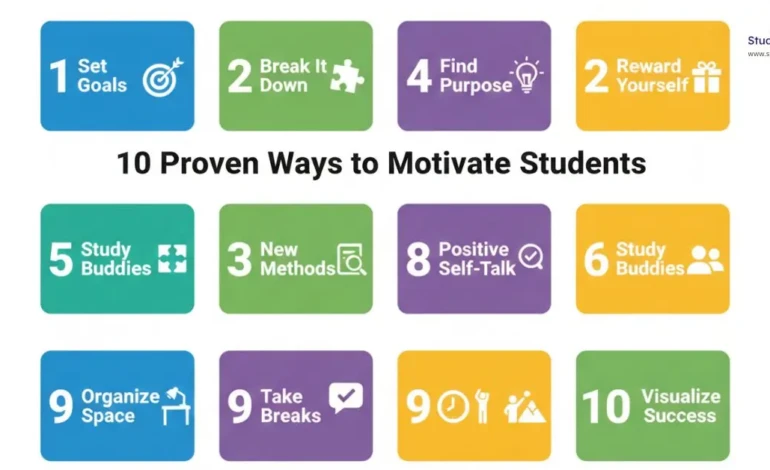
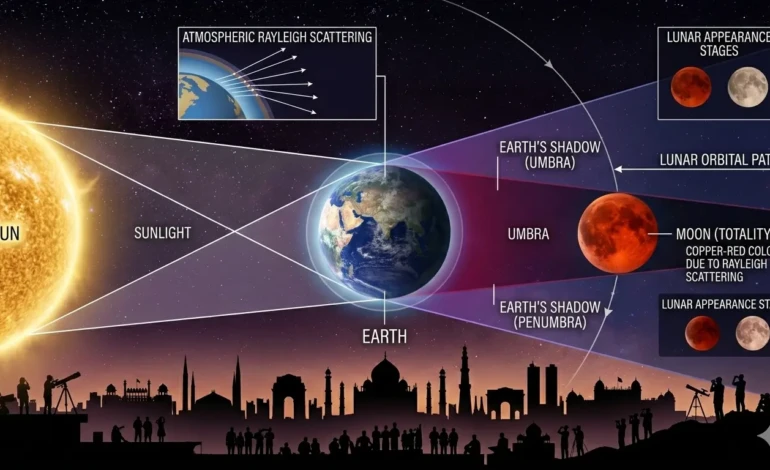

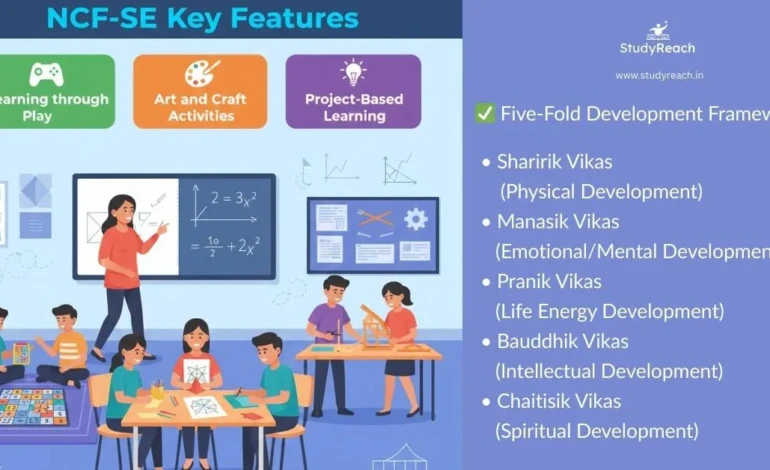
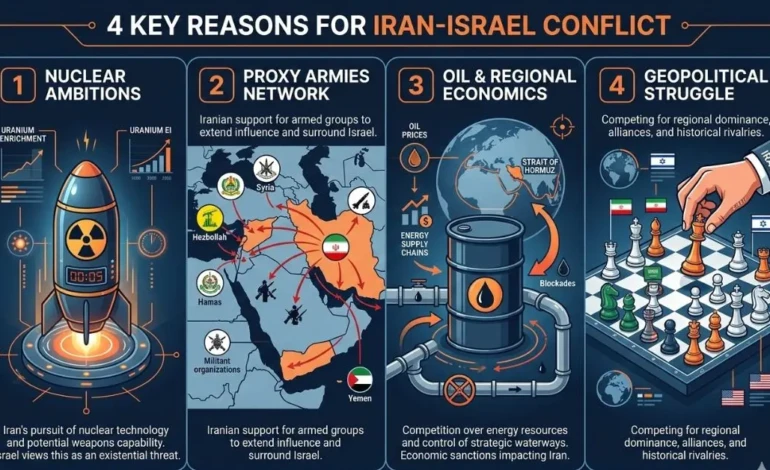
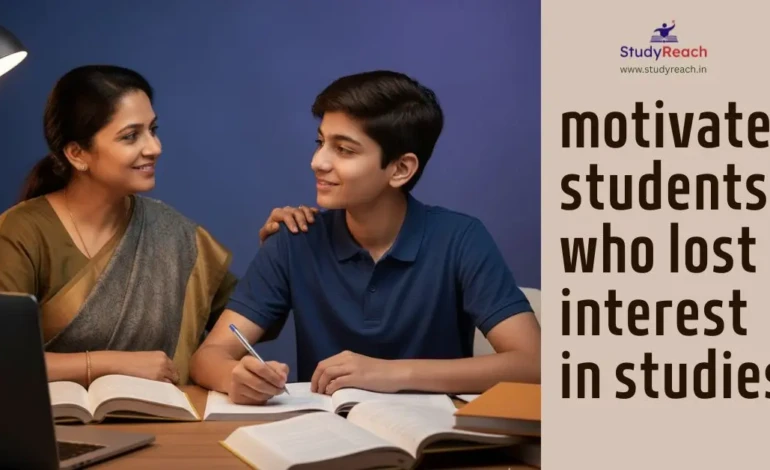
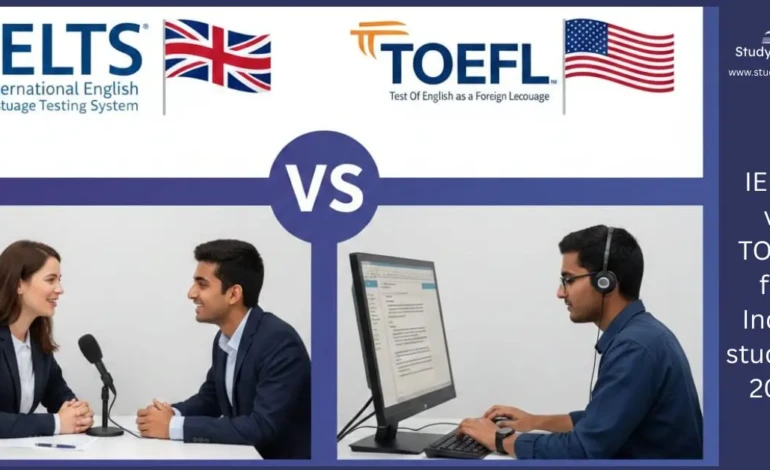




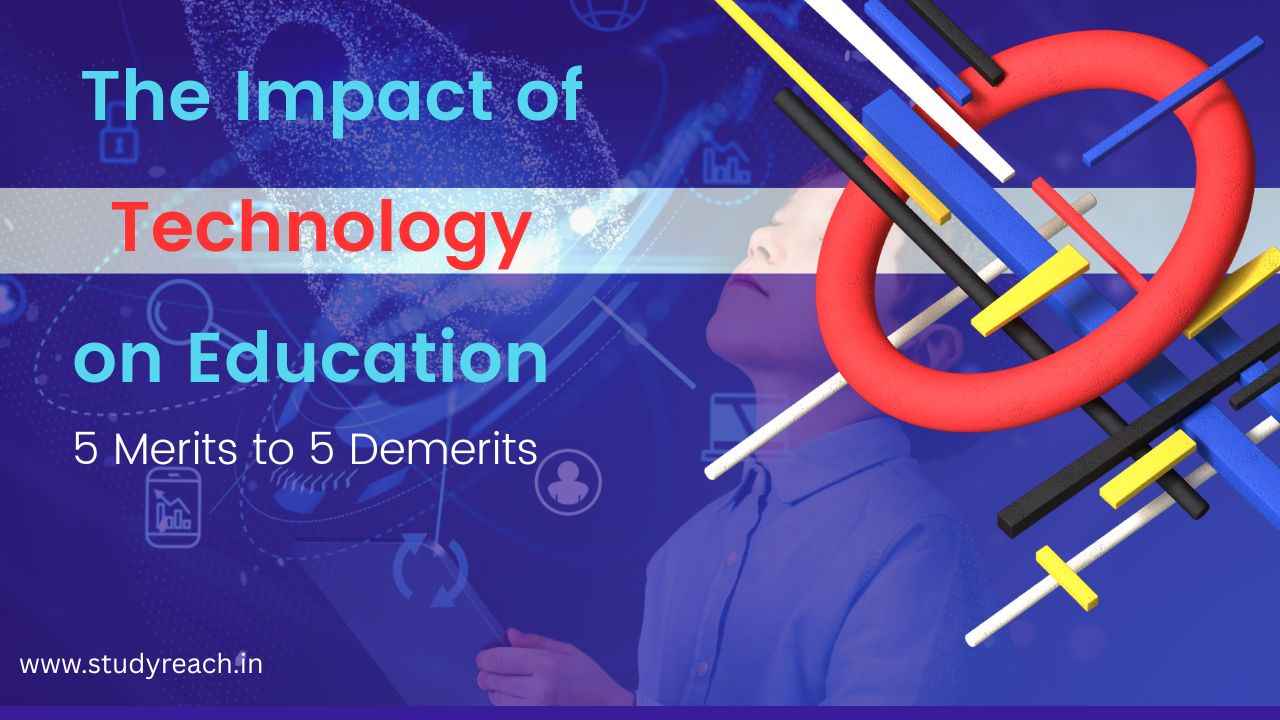
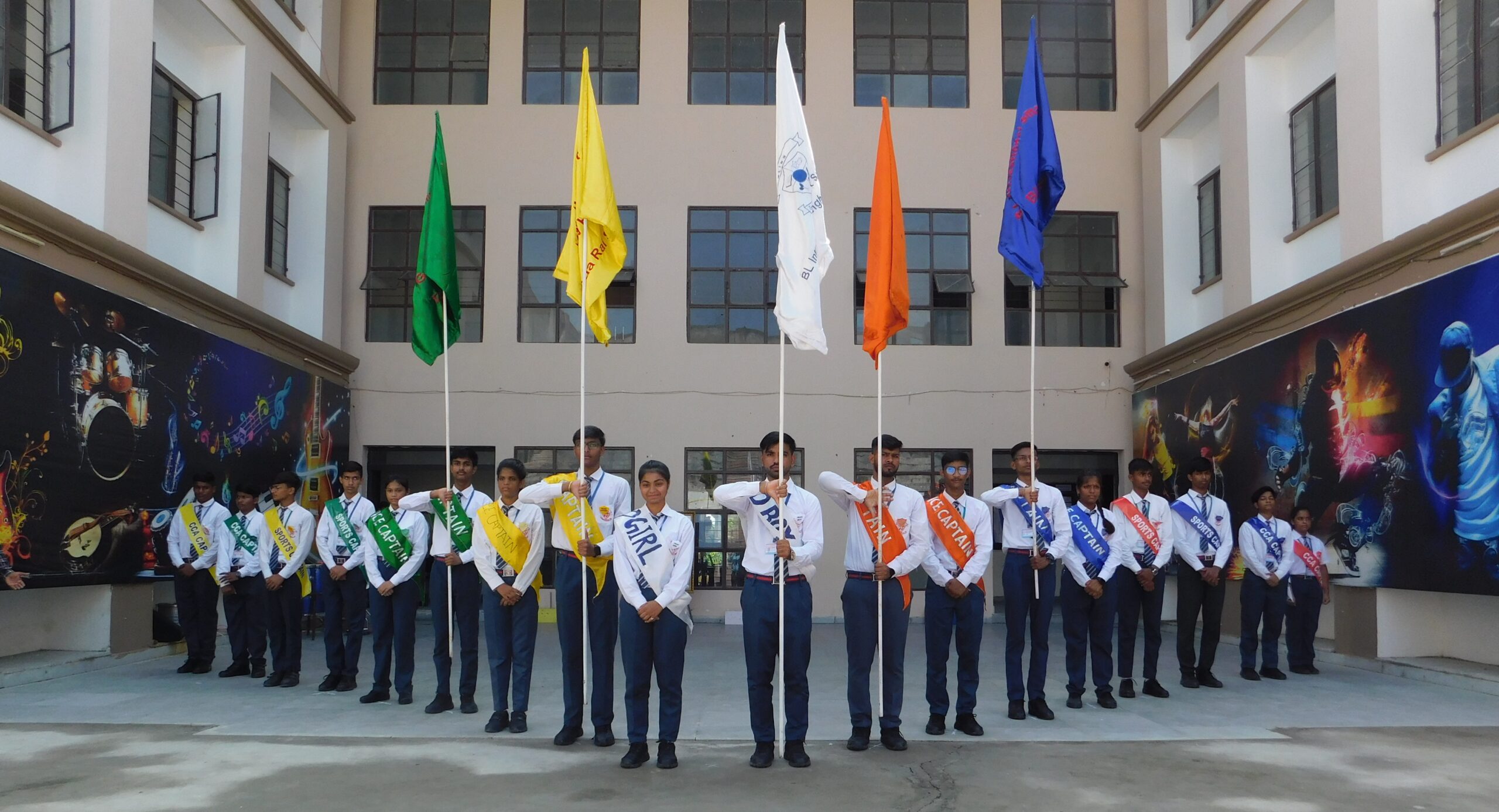
3 Comments
[…] Also read: Holistic Development in Education – Full Guide on StudyReach […]
[…] Both initiatives align with NEP 2020’s vision of holistic education, which emphasises: Also Read [Holistic Development in Education: The Missing Link to Raising Future-Ready Kids”] […]
[…] Holistic Development in Education […]